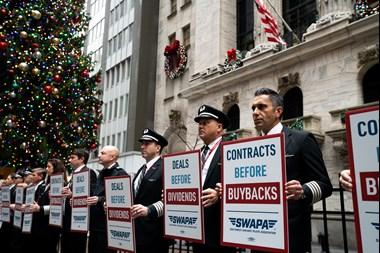Commentary
Note: This is the third of a three part series on ESG—environmental, social, and governance—investing. Two previous columns addressed the environmental and social elements of ESG investing. Here, we discusses the last element, corporate governance.





